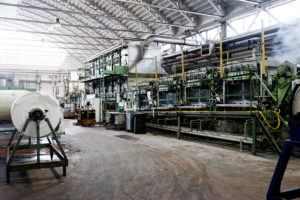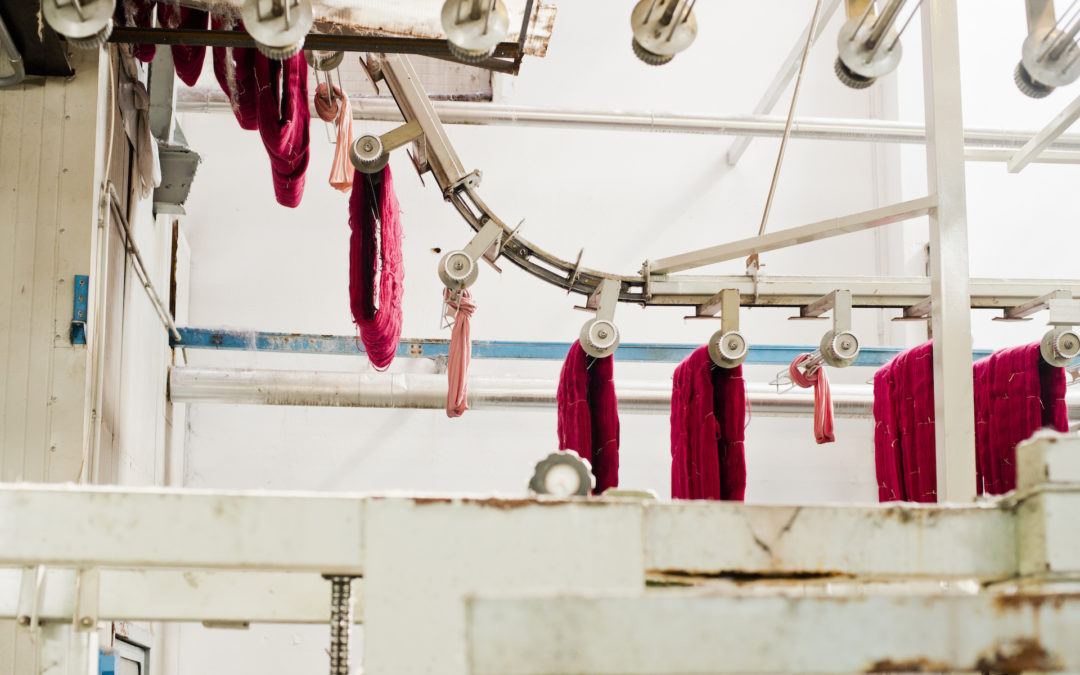The textile industry is the fourth most impactful for the environment
The textile industry in Europe employs 1.7 million people. On average, European citizens consume 26 kg of textiles each year. The most used fibers are synthetic ones, which also require the use of oil. Then, there are cotton fibers that require the consumption of soil and water.
According to these data from the European Environment Agency (EEA), the textile industry is the most impactful after food, housing, and transport. A report that increasingly highlights the need to abandon a linear production model, focusing instead on the circular economy.
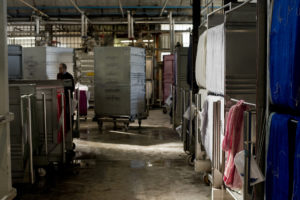
The importance of textile recycling to reduce waste
According to this study, European citizens buy more clothes than in the past and use them for a shorter time. Once discarded, most of these textile waste is exported to East Europe, Asia, and Africa. One part goes directly to the landfill, while only a small part is recycled.
On the contrary, if textile production would focus on the recovery of materials already used, through reuse and recycling of rags, the supply chain would greatly reduce waste, energy consumption, raw materials, and environmental impact.
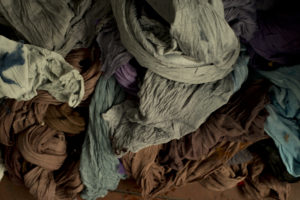
Water pollution in the textile industry
The impact of the textile sector involves the environment and climate. Some data published by the European Environment Agency in 2017 estimate that the textile industry consumes 1.3 tons of raw materials and 104 cubic meters of water per person, each year.
The textile industry uses about 3,500 substances for the production of textiles, of which 750 are classified as dangerous for human health and 450 for the environment. The study also states that 20% of water pollution is due to textile-related activities. In particular, during the washing processes of synthetic garments, there is the problem of the release of microfibers that end up in rivers and seas.
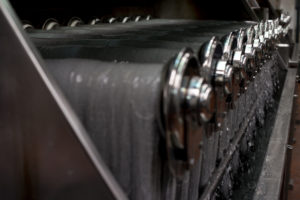
Consorzio Detox promotes sustainable textile production
How can we fight this? Consorzio Italiano implementazione Detox, welcoming the campaign promoted by Greenpeace, was created to promote forms of sustainable textile production. And, especially at this time of difficulties related to the covid pandemic, all companies are asked for an additional commitment to sustainability.
Not only in individual products, but in the entire industrial production process. A path that passes by the transparency and traceability of the supply chain, the circular economy, and the reduction of pollution.
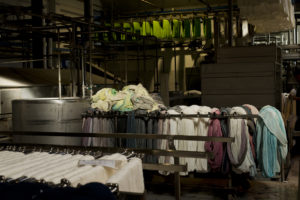
CID and GIDA together for water analysis and purification
One of the best practices of Cid, in the textile district of Prato, is the collaboration with the environmental purifier managed by GIDA, which includes the Municipality of Prato, Confindustria Toscana Nord, and Gruppo CONSIAG.
Through this sewage treatment plant, all the water deriving from the textile processing of the district is collected. Part of this water is purified and then returned to the production system, through an industrial aqueduct system. In this way, the result is double: reduction of water consumption and pollution. Not only that, in collaboration with Gida, Consorzio Detox carries out continuous analyses on water, to constantly monitor the impact of textile production.
